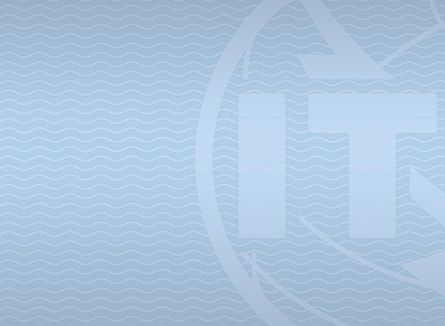
Distributed ledger technologies: Regulatory framework
In this issue
The rise of distributed ledger technology (DLT) has presented challenges for regulatory agencies and policy-makers. Distributed Ledger Technologies: Regulatory Framework presents a framework for regulating DLT with recommendations for users and regulators. It begins by identifying regulatory challenges and key DLT features. Addressing five categories of laws that address DLT systems, the paper continues to show how policy-makers can implement a legal framework that effectively governs the features and use cases of the technology. Categories of laws explored include legislation addressing DLT systems such as code and intellectual property; governance; DLT use cases such as crypto-currency, tokenomics, anti-money laundering and privacy, and consumer law; civil liability and consortia; and legislation that addresses the different layers of DLT structures. The aim is to give policy-makers the tools to manage civil and criminal liability, control management supervision of network participants, provide authoritative sources of data, make DLT records “legal proof,” and protect personal data and make it compatible with existing regulations.
